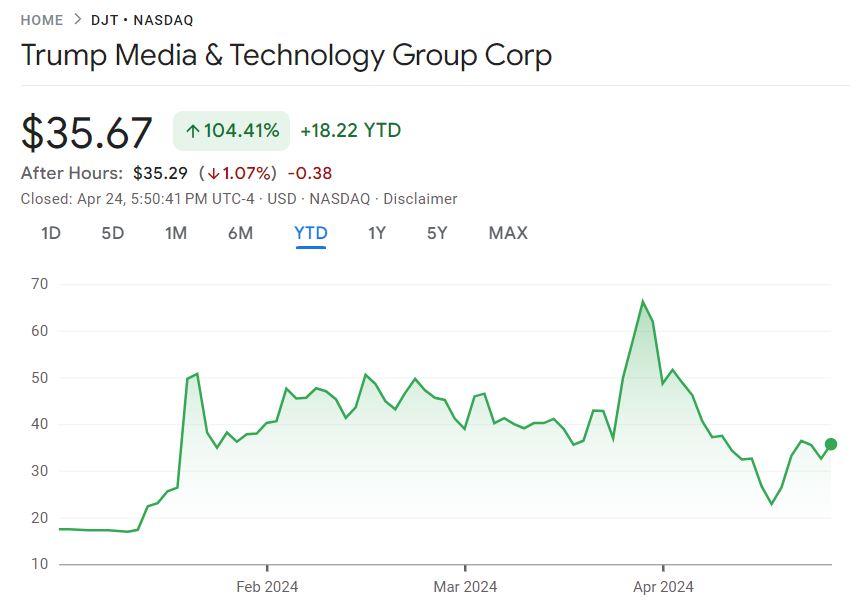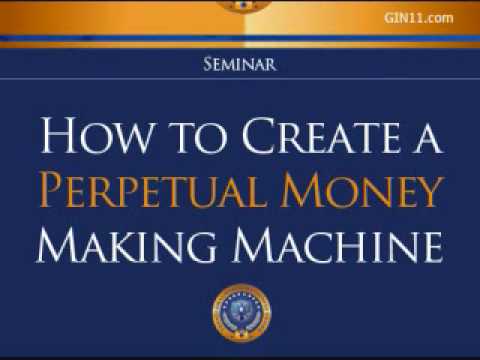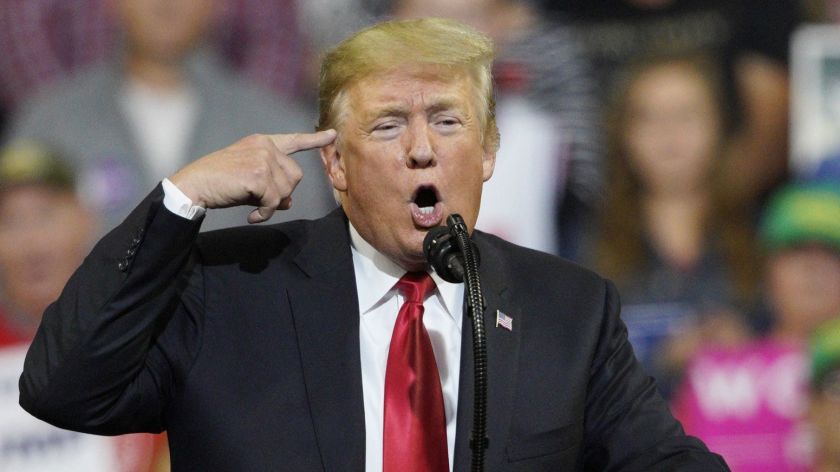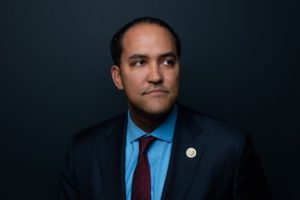A certain type of voter has a set of issues they care about, and seeks the candidate who most represents their view on the issue(s.) That’s probably true of some segment that cares most about abortion, for example, both from the pro-life and pro-choice sides.

Another type of voter has some agnosticism about a wide variety of issues, but feels a personal affinity – a vibe, a cultural fit, a style – with a candidate, and votes accordingly. Honestly, that probably describes me and my voting patterns more than I would care to admit. I’m part of various tribes, and I seek people who best represent my varying identities.
A third type of voter feels that their society – as they experience it day to day – has gone seriously wrong. The wrong people are in charge. The rules are stacked against them. Their economic prospects are at risk. Multiple threats exist near and far, and there are not enough strong leaders concerned with punching back against those threats.
I don’t honestly hang out with this third group much. I feel their presence in the rhetorical outreach of Donald Trump. He seems to know these people. And he offers them hope.
Fuck Around
I think if you’re in that third group, there’s no specific policy that matters much. What matters is that your leader is mad as hell, a little bit crazy enough to try to shake up the status quo, and has proven fearless in the face of adversity. I think you want someone who can fuck around with the existing elites, the failed structures, the scary direction that things seem to be trending.
If you’re wrong, well, at least you tried. The status quo was so terrible, so scary, that you needed a brave, angry, give-zero-fucks leader.
I think, unfortunately, the Fuck Around and Find Out voters – a majority it turns out of my fellow voting citizens – has made a serious category error.
He’s angry enough, it’s true. But not about any particular issue. He’s angry at the gnawing void in his soul that can’t ever be filled.
He’s willing to poke at the existing elites, that’s true. But not because of any true democratic, everyman-loving, impulse. He loves nobody. It stems from a will to dominance, which doesn’t have any ultimate agenda behind it, beyond the hedonic.
He will tear down what he can. He will corrupt what is corruptible. There are no moral limits within his sphere. I don’t know how much damage can be done in 4 years. But there’s no specific “find out” consequence that should be taken off the table.
Find Out
Jail or shoot opponents? I mean, it’s certainly on his mind a lot and gets ideated out loud.
Shut down newspapers, broadcasters, online media companies insufficiently compliant to his ends? He’s pre-announced that one.
Use the military against civilian protesters? He wanted that done the first time around.
Cut military and trade ties with our closest allies over financial disagreements? That’s the plan.
Forge closer ties with “strongman” autocrats in China, Russian, Hungary, and Saudi Arabia? Also announced.
Use paramilitary groups – Proud Boys, self-appointed militia, gun-rights supporters – to achieve violent political ends, with plausible deniability? That was the Jan 6 playbook, and he didn’t suffer any consequences for trying it before. The fucking Senate caved in the face of an obvious, albeit clumsy, coup attempt.
Demonize already marginalized group – immigrants, trans kids, single-mothers – for problems in America, a punching-down strategy that not only launched his campaign in 2015 but formed the core of his two election wins in 2016 and 2024.
Take the best economy in the world – lowest unemployment, highest stock market, fastest-growth, and tamed inflation – and fuck around by starting unilateral trade wars with tariffs against everybody? That’s his entire campaign promise in a nutshell.
No Limits This Time
Half of the people around him the last time around had moral limits. Which is why more than half of his top cabinet members denounced him in extreme, apocalyptic, terms. It was obvious before the first time that everything Trump touches dies, and so it made no sense (to me) that honest people would agree to hitch their reputations to his. But they did. They fucked around and they found it. But they also, reportedly, kept the country from lurching impulsive disasters, for which I am grateful in retrospect.
I cannot imagine a person who has moral limits would agree to join this incoming administration. Nobody could be that blind a second time.
There will be no shortage of grifters and fascists willing to join this time. There will be a severe shortage of qualified, moral, people around him.
The elected officials in his party in the House and Senate have also self-sorted since 2016. The strong and moral ones resigned or were drummed out of office over the last 8 years. The ambitious, the corrupt, and the compliant have stayed.
I don’t know what we’ll find out. I think if you’re not at least considering the worst case scenarios, that’s a failure of imagination. I do not take comfort in the fact that his own voter will find out, soon enough, how horribly wrong they have calculated this man’s ability to improve their situations.
Post read (228) times.























